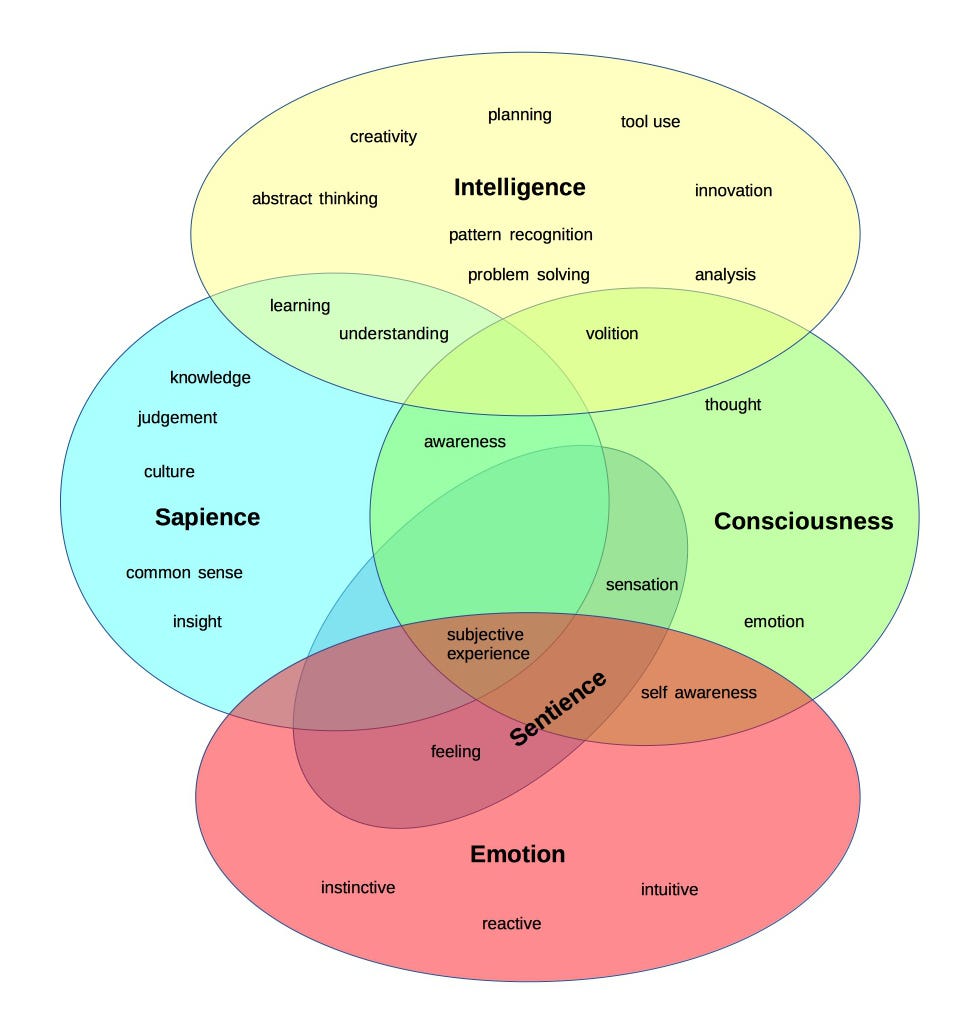

Though these systems may be powerful, they are opaque.

They point to new commitments toward sustainability, development of fishing vessels that improve fish welfare, and plant-based fish alternatives.Beyond it just being cool to create robots, researchers design these cybernetic creatures because they’re trying to fix flaws in machine-learning systems. The authors suggest changes in both industries to decrease suffering and emphasize that there is room for hope despite the scale of the problems. Farmed fishes experience the same suffering during slaughter as wild fish - they die of asphyxiation, gill cutting, or gutting. They live in contaminated water, and are frequently handled, which causes stress and injury.

They cannot find shelter, escape aggressive fishes, or express their natural behaviors. Fishes are frequently killed by asphyxiation, which means long periods of suffering, particularly for animals such as eels, who can tolerate low oxygen.įarmed fishes suffer from the negative impacts of overcrowding and poor conditions. Sharks, turtles, undesired species of fishes (“non-target species” or “bycatch”), and marine mammals are among the other animals caught and thrown back dead. Trawling is one of the most harmful, because fishes are caught hours before being pulled out of the water, and because it has the highest rate of animals caught and discarded. Today, more than half of fishes used for food come from aquaculture.Īlthough there are many methods of catching wild fishes, each causes suffering. Overfishing has caused declining populations and declining catches for wild fishes. What does this mean for the treatment of fishes in commercial fishing and aquaculture? The scale of these operations is enormous - trillions of fishes are caught every year. For example, research shows that fishes make tradeoffs between the risk of pain and motivators like food and companionship. Fishes have all the signs of emotional response to pain that mammals do. While fishes and humans both have a reflexive response to avoid pain, our emotional response enables us to learn from that experience in order to avoid it in the future. The authors discuss and summarize the evidence for pain in fishes compared to other animals. However, because high demand promotes overcrowded conditions, they suggest decreasing the amount of fish eaten in wealthy nations that do not need more animal protein. They argue that the largest welfare opportunity may be through improved conditions in aquaculture. They then focused on the various causes of suffering during the capture and slaughter of wild fish, and the entire lives of farmed fish. In this study, the authors looked at the evidence for the emotional capacity of fish, and why fish welfare has lagged behind similar measures for land animals. To improve welfare for fishes, it’s important to understand fish intelligence and emotion as well as industry practices. Second, public awareness of fish intelligence helps build empathy - and therefore support - for fish welfare improvements. First, intelligent animals learn from harmful situations, which cause them to experience stress and fear in the future. This is important to understanding and reducing the suffering fish experience in two ways. Fish are in many ways as intelligent as land animals, but this was not widely understood in the scientific community until recently.


 0 kommentar(er)
0 kommentar(er)
